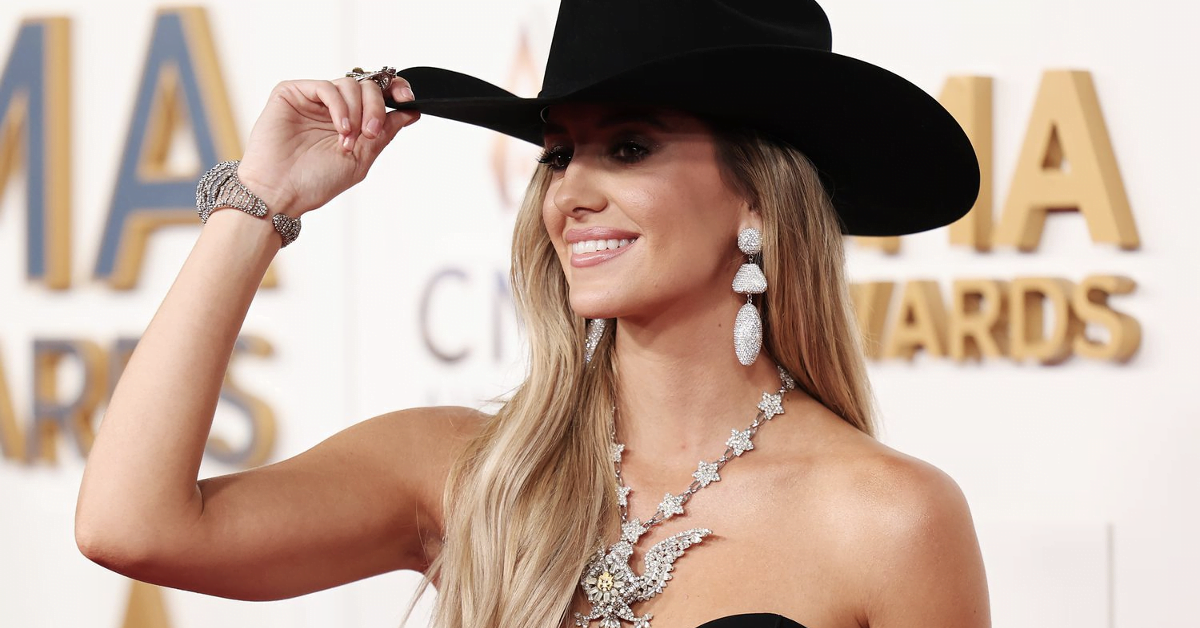
The 2023 Country Music Association Awards marked a significant step towards inclusivity and diversity in the country music scene. Lainey Wilson, famous for her hit “Things a Man Oughta Know,” made history as the first woman in over a decade to win the Entertainer of the Year award since Taylor Swift in 2011. Luke Combs’ cover of Tracy Chapman’s “Fast Car” sparked insightful discussions on race and artistic interpretation, earning him accolades for both Song and Single of the Year. In a significant moment for LGBTQ representation, T.J. Osbourne, who came out as gay two years earlier, along with John Osbourne, clinched the Duo of the Year award. The event’s highlight was the performance of The Judds’ “Love Can Build a Bridge” by Jelly Roll, the newly crowned Best New Artist, and K. Michelle, a rising Black country artist. The awards night showcased a vibrant mix of emerging talents, established favorites, and a nod to past legends, presenting a diverse and inclusive face of country music. However, this prompted questions about whether such a display accurately reflects the current state of the genre.
At 31, Lainey Wilson has become a staple name in country music circles. Her significant online presence and a discography that resonates with fans of traditional country icons have solidified her place in the industry. Her victory as Entertainer of the Year is seen as a deserving recognition, symbolizing a shift in the industry that has long been dominated by male artists. Despite the prominence of female artists like Carrie Underwood and Miranda Lambert, the underrepresentation of women in the genre’s history is stark. Out of 57 Entertainer of the Year awards since the CMA’s inception in 1967, only ten have been awarded to women or women-led acts. The scarcity of Black artists in this category is also notable, with Charley Pride being the only Black artist to have ever been nominated or won.
The trend in country music has been slowly changing, with a new wave of artists breaking the traditional mold of being predominantly White, straight, and male. The Brothers Osborne’s continued success post T.J. Osborne’s coming out is a testament to this gradual shift. However, this movement towards inclusivity isn’t new. The 2019 CMA Awards had similarly projected a progressive image with performances that seemed to promise a more inclusive future. Despite these promising displays, the reality of country music remains largely unchanged, with a significant portion of the genre still dominated by White male artists. Women, LGBTQ artists, and artists of color continue to be underrepresented in country music charts and commercial success.
Maren Morris, a prominent figure in country music with multiple CMA Awards and a Grammy, is among those challenging the prevailing norms in the genre. Her public denunciation of Jason Aldean’s controversial song and Brittany Aldean’s transphobic comments reflect the ongoing cultural conflicts within country music. Morris, reevaluating her association with the genre, notably skipped this year’s awards, underscoring a contrast to the event’s theme of unity and diversity.
The CMAs also highlighted artists like K. Michelle, who despite her atypical background in the genre, expressed a deep connection to country music. Her onstage collaboration with Jelly Roll, a White rapper-songwriter, showcased the diversity of artists united by their love for country music. This year’s awards signified a potential turning point for the genre, with a celebration of varied stories, sounds, and artists. Lainey Wilson’s emotional acceptance speech for her Entertainer of the Year Award emphasized her complex relationship with the genre, highlighting the slow but evolving acceptance of diverse narratives and artists in country music.
In conclusion, the 2023 CMA Awards presented a vision of what country music could be, enriched by a variety of sounds, stories, and artists, despite the enduring presence of traditional norms and divisions.





